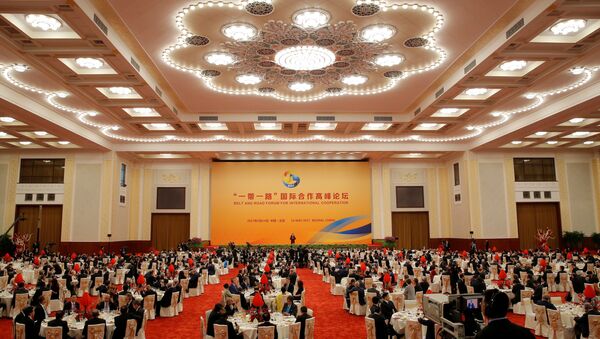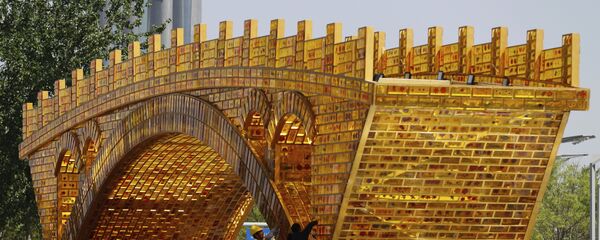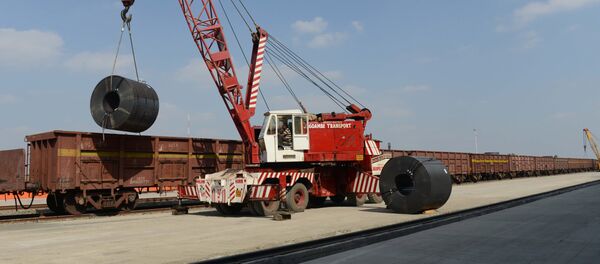India has been forthright in its opposition to the OBOR, saying it "lacks the core features of a connectivity project that should be based on common understanding and collective interest".
India's discomfiture with OBOR, in particular, stems from the $50 billion China-Pakistan Economic Corridor (CPEC) which passes through Pakistan-administered Kashmir, a territory which New Delhi claims and shows in its map as its own. New Delhi maintains the CPEC violates India's sovereignty.
The intelligentsia in the country remains divided over the Indian government's decision but also point to the strong undercurrent in favor of better trade ties with China.
Dr. Deep-K Datta Ray, Associate Professor, with the New Delhi-based O.P. Jindal World University, takes a pro-trade stand. "China is focused on business and wants to expand trade with newer parts of the world, including South Asia and India. In fact, China is India's largest import partner. We have also collaborated on global issues such as climate change, WTO negotiations, and other areas. India needs to find ways to take advantage of the opportunity," Datta Ray said.
The Partnership for Quality Infrastructure project was discussed between Prime Minister Narendra Modi and his Japanese counterpart Shinzo Abe during their annual summit in Tokyo last November. Modi has also focused on extending maritime cooperation during his visit to the African continent in 2016.




